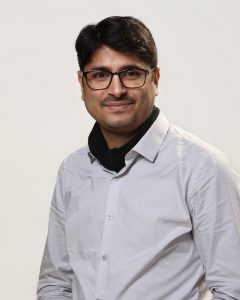 During my Master’s studies, I come to know about the role of telomerase in cancer and aging. The topic had a deep impact on my mind and, thus, I decided to increase my knowledge in telomerase biology. I approached the Savitribai Phule Pune University. The research grant offered by the University was the first step of my research carrier. This seed funding strongly increased my understanding about the guanine quadruplex formation, and how targeting this structure could inhibit the cancer progression. Eventually, the topic become my PhD research work where I used structure-based drug design approach for selecting the inhibitors and spend time synthesizing porphyrin derivatives. I defended my thesis successfully in 2018.
During my Master’s studies, I come to know about the role of telomerase in cancer and aging. The topic had a deep impact on my mind and, thus, I decided to increase my knowledge in telomerase biology. I approached the Savitribai Phule Pune University. The research grant offered by the University was the first step of my research carrier. This seed funding strongly increased my understanding about the guanine quadruplex formation, and how targeting this structure could inhibit the cancer progression. Eventually, the topic become my PhD research work where I used structure-based drug design approach for selecting the inhibitors and spend time synthesizing porphyrin derivatives. I defended my thesis successfully in 2018.
During this project, I learned that the field of telomerase is still unexplored and is more challenging than what I thought before. Hence, I decided to go further with telomerase. But this time I wanted to understand more about the structure and function of telomerase apart from inhibiting this enzyme. You will be amazed to know that the expression of telomerase is highly, highly regulated and that there is a large number of post-translational modifications this unique enzyme undergoes. Maybe that’s why someone called telomerase the Elixir of Life.
I contacted Prof. Outi Salo-Ahen in the Pharmaceutical Sciences Laboratory (PSL) and Structural Bioinformatics Laboratory (SBL) at the Åbo Akademi University and expressed my interest in continuing the research path. I was excited when she picked my interest and gave me the chance to explore the field.

First Scandinavian snow experience
Finland is very respected country in India. Location of the Åbo Akademi University is also unique, the oldest town in the country in the Varsinais-Suomi (Essential Finland) region. I would like to mention that I had a very smooth process in getting the hosting agreement and other documents on time for applying the residential permit. I appreciate the help I received from the personnel at the Åbo Akademi Research Services and my Professor.

My son with his little ”Olaf”
The newly developed Finnish Immigration Service (Migri) portal for making the residence permit application is also very straightforward and I appreciate the efforts put by the Migri workers.

My little world
Moving with the whole family is always challenging and it was a big task to get proper accommodation. I would like to give credit to the Turku Student Village Foundation (TYS) office workers. They are working hard to find proper accommodation for researchers like us. I got both the housing offer and residence permit well advance to book my flight before my planned date to come here. Moving from known to unknown is always mysterious and challenging but the aspiration to achieve a new horizon was so high that these things hardly bothered me when I landed here.

Me and my family at Chhatrapati Shivaji Maharaj International Airport Mumbai
First day in Turku was amazing and confusing, too…In my home region in India we have constant day times but here in September the sun was still high in the sky at 8.00 pm. At home in India we can easily guess the time of the day just by looking into the sky, but here was different. Then a thought came in my mind, “Is this the reason why clocks are always hanging in big towers all over the Europe???”

First click while on the way to Turku, Finland
I will always cherish the first day at PSL and SBL, Biocity where I interacted with my Professor and got formally introduced to all. The whole day went in excitement and completing all the formal paper work that was fortunately quite simple and straightforward.

My supervisor and our group
From the next day onwards, I started working on the project where my task was to understand human telomerase reverse transcriptase protein (hTERT). Computational facilities as well as the X-ray crystallization lab of SBL are at the state-of-the-art. Thanks to Prof. Mark Johnson and Adjunct Prof. Tiina Salminen for making these facilities available for us. As the focus of my work was to apply bioinformatics methods and carry out homology modeling, I was also given the access to the computational resources at SBL. SBL is part of the Turku node of the Finnish Instruct National Affiliate Centre (TURKU Instruct-NAC) that provides a platform to facilitate protein structure studies and bioinformatics analysis and collaborates with the Finnish IT Centre for Science, CSC. Through CSC I got experience in working with world-class supercomputers such as Taito and Puhti. I also learned to carry out molecular dynamics simulations with all the state-of-the-art molecular dynamics platforms (Amber, Gromacs, Desmond) to strengthen my understanding in the topic. I was able to successfully complete my bioinformatics studies and molecular dynamics simulation of hTERT homology models.

”कर्मभूमी” My workplace
Since my Professor’s group is part of both PSL and SBL, I was also part of both of these research laboratories. Prof. Jessica Rosenholm who leads the nanomedicine group at PSL helped me attend the NORDIC POP (https://nordicpop.ku.dk) workshops at the University of Oslo, Norway and Uppsala University, Sweden. Both visits increased my knowledge and understanding of my research topic and other related topics. I also witnessed the Scandinavian geography and culture for first time in my life.

Frontiers of Science Seminars – BioCity Turku

CompLifeSci seminars
I was always amazed by the existing co-operation between the Åbo Akademi University and the University of Turku. Due to this I was able to attend many common seminars and workshops, particularly the CompLifeSci seminars (https://www.biocity.turku.fi/research-programmes/computational-and-molecular-methodologies-for-life-sciences-complifesci/) and Frontiers of Science seminars (https://www.biocity.turku.fi/biocityevents/frontiers-of-science-seminars/) in Biocity, which deeply impacted my understanding of various advanced emerging techniques in the field of my research.
Truly speaking, this six-month mobility gave me lot. It became the platform from where my aspiration to do research got new thrust and boost!
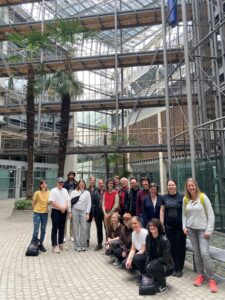


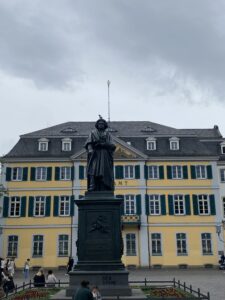

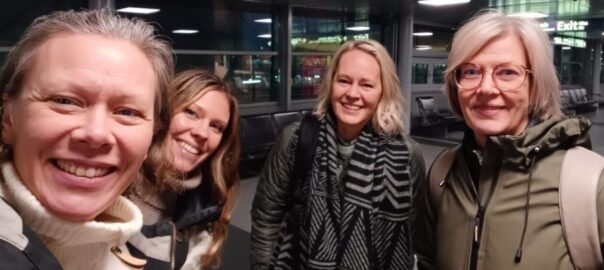
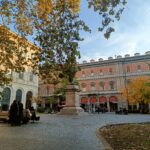
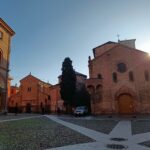
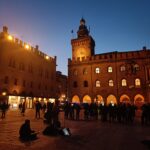
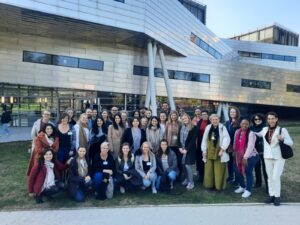
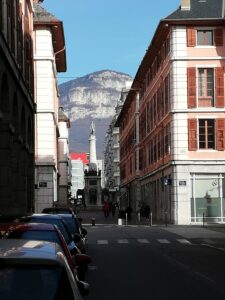
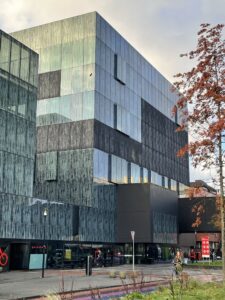
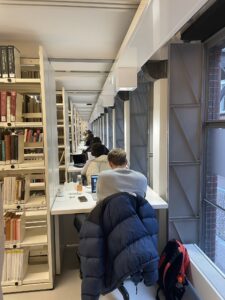
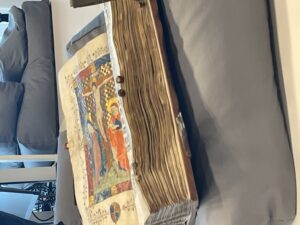
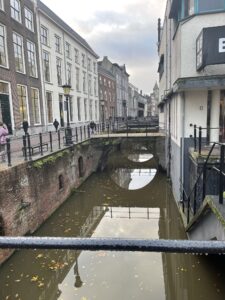










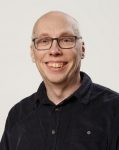 Från november till februari jobbade jag 20 % av min arbetstid vid Åbo Underrättelser, inom ramen för ÅA:s personalrörlighetsprogram. Mitt ordinarie arbete är som akademilektor i sociologi vid FSE. Tanken var nu att få vidga vyerna och pröva något annat i lagom proportioner.
Från november till februari jobbade jag 20 % av min arbetstid vid Åbo Underrättelser, inom ramen för ÅA:s personalrörlighetsprogram. Mitt ordinarie arbete är som akademilektor i sociologi vid FSE. Tanken var nu att få vidga vyerna och pröva något annat i lagom proportioner.